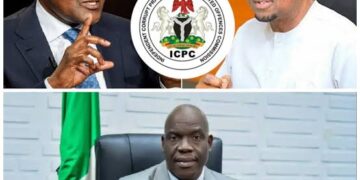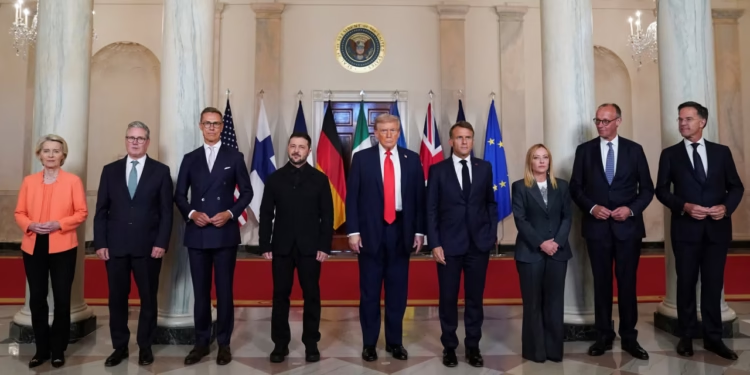Multiple reputable Nigerian outlets report that the U.S. Embassy in Nigeria has been quietly revoking valid non-immigrant visas. Affected individuals include professionals, entrepreneurs, frequent travelers, and families—people who depend on U.S. travel for education, business, medical care, or family reunions. Many were instructed to submit their passports at the U.S. consulates in Lagos or Abuja, only to have their visas canceled without explanation.
2. Legal Basis Cited—but Details Are Thin
The cancellation notices referenced Title 22, Code of Federal Regulations, Section 41.122 as the legal authority, claiming that “new information became available after the visa was issued.” However, these letters offered:
No specifics about the new information
No evidence or context
No opportunity to appeal
Only guidance to reapply—no reassurances or rationale
3. Human Cost Is Real
Affected individuals have faced severe disruptions:
Last-minute trip cancellations, airline refunds, and canceled engagements
Embarrassing detentions at airports or boarding gates—some even brief detentions before being sent home
Career setbacks and emotional stress for those with flawless travel records—like a prominent journalist, a federal agency head, and an Abuja-based entrepreneur
4. No Official Response Yet
Neither the U.S. Embassy in Abuja nor the Nigerian government has issued a formal statement. The silence has raised concerns and speculation that this may be part of a broader tightening of U.S. visa policy toward African nationals—particularly Nigerians, who’ve historically faced heightened scrutiny.
5. Policy Context
Section 41.122 allows consular officers (or certain officials) to revoke a nonimmigrant visa at any time, whether provisionally or permanently, and even after issuance. The law does outline some internal review processes: for instance, provisional revocations can be reversed through internal Department of State procedures. However, in practice, U.S. embassies often carry out revocations with minimal or no explanation to affected individuals.
Summary Table
Aspect Details
Who’s affected Nigerian professionals, families, entrepreneurs, frequent travelers
Action taken Valid visas quietly revoked via passport submission at consulates
Legal basis 22 CFR § 41.122, citing unspecified “new information”
Supporting evidence No specifics, evidence, or appeal channels provided
Impact on individuals Travel disruptions, refunds, detentions, professional and emotional toll
Official response None from U.S. Embassy or Nigerian authorities
Broader context Part of long-term intensified scrutiny of high-migration countries
Legal background Revocations allowed by law; reversible through internal procedures, but opaque
What Can Be Done?
1. Seek clarification: Affected individuals—or affected groups—might consider requesting formal explanations or contacting local legal or human rights organizations for assistance.
2. Engage government channels:
Nigerian Ministry of Foreign Affairs could issue a public statement or formally request explanations from the U.S.
U.S. Embassy may be urged to provide clearer reasons or strengthen appeal procedures.
3. Document and share experiences: Building a collective voice may pressure for institutional transparency.
4. Reapply: While costly and uncertain, reapplication is currently the only formal recourse outlined—though it’s not a resolution to the lack of transparency or fairness.




































